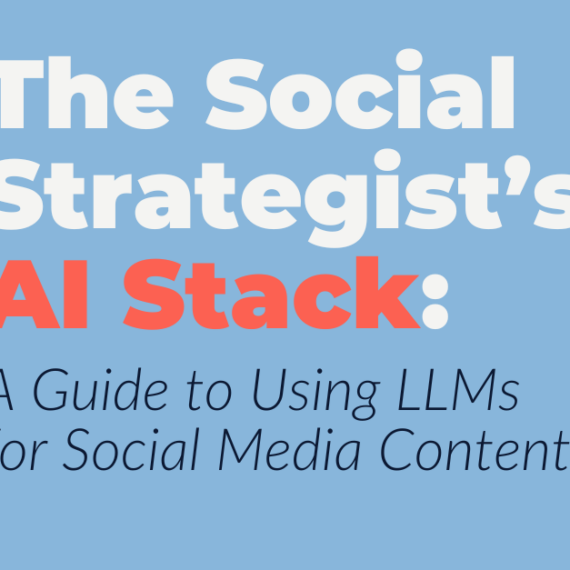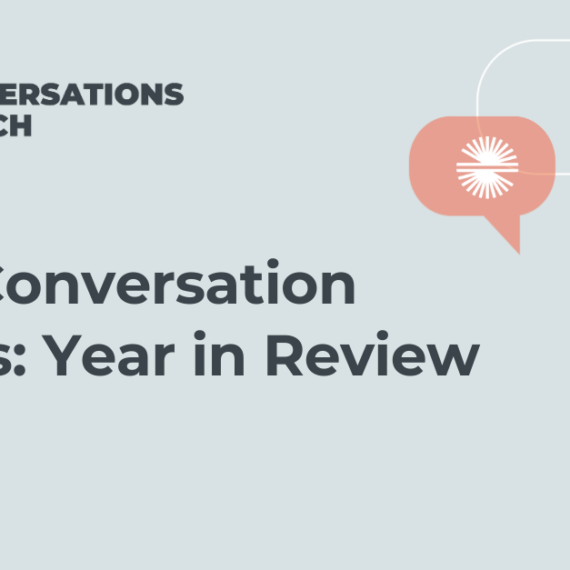It’s now more than just remote, hybrid or back to the office policies that companies need to worry about.
Just two months ago, when we first glimpsed light at the end of the COVID-19 tunnel, companies were debating whether or not their workforces would return to the office. Now with the Delta variant causing a surge of cases, particularly among the unvaccinated, companies face an even tougher question: should they require vaccines? Frequent testing for the unvaccinated? Masks? But while companies may be within their legal rights to issue such mandates, as we often see – just because something’s legal doesn’t mean people will accept it.
So how should businesses respond? That answer varies, depending on what sector they operate in, where they are located, and what type of workforce they have, among other factors. As you think through your pandemic crisis plan, consider the following:
What kind of employee base do you have?
Tech was one of the first industries to embrace remote work. As long as employees had computers and dependable Internet connections, they were good to go – from virtually anywhere. As we moved into the second, post-vaccine phase of the pandemic several tech companies announced plans to require a return to the office; now, with a resurgence of cases, many have announced delays to those plans or are rethinking how a hybrid or back to the office structure will work. Do they revert back to fully remote – or as some have done – require proof of vaccination and other safety measures for any returning?
For companies with retail or manufacturing operations they face a different set of considerations. While office workers can easily remain remote – many other jobs require being in-person and companies need to consider what is the best way to ensure the health and safety of those workers.
Should you enact a vaccine mandate?
Just in the past week dozens of companies have announced vaccine mandates for their employees. While some other companies are enacting a multi-layered approach – requiring vaccines for some of their workforce, but not other groups of workers (and almost all allow for special case exemptions such as for religious or medical reasons).
If you are considering whether or not to enact a vaccine mandate or similar policies, here are a few considerations:
- Be compassionate: Put yourself in your employees’ shoes. What would you want your employer to do if the situation was reversed? What would make you feel safe at work?
- Communicate, communicate, communicate. Explain why you are implementing (or not) such policies, how it will work and where employees can seek advice if they have questions or concerns. What will your external message be for customers, partners, shareholders and other stakeholders?
- Think through worst-case scenarios. How will you handle any resistance if you do enact a mandate? How will you handle testing and/or enforcement of mask wearing for the unvaccinated? What happens if you experience blowback from your customers?
- Create a COVID task force that’s charged with working through these policies and crisis protocols. These teams are usually composed of internal (Comms, Legal, HR, Security, etc.) and external resources (such as legal counsel and crisis PR). This task force must be empowered to make decisions so that your organization can act quickly. Which leads to my next suggestion…
Is your contingency plan flexible?
As we have all learned over the last year-and-a-half, this is an evolving situation and organizations need to be nimble. Understand that in such a fluid situation policies and your crisis plan may need to change quickly to keep your workforce – and your business – healthy as we tackle the realities of the pandemic.
A few recommendations on how to stay nimble amid a crisis:
- Monitoring what government and health agencies are advising is table stakes, in addition, stay attune to how others in your industry are handling pandemic policies for their own organizations.
- Listen to your employees. Determine the best channels to get honest feedback so you can better understand how they are feeling as this situation evolves.
- And, as noted above, empowering a small task force with the ability to analyze the information, make decisions and implement changes when needed will help your organization move fast, which in an ever-changing pandemic will be crucial.
While it’s hard to predict when we’ll be completely finished with COVID, organizations can mitigate their risk; all it takes is a small amount of planning.






